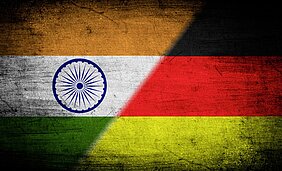German math professor Bernhard Krötz has expressed concerns regarding the German education system, stating that it does not effectively equip students for higher education. Krötz conducted a comparative analysis between the academic standards of Germany and India, as evidenced by a video he posted on YouTube. His analysis led him to the stark realization that the Abitur, which serves as Germany's university entrance qualification, does not adequately prepare students for higher education, particularly in the field of mathematics. Krötz attributed the lack of sufficient academic preparation in mathematics during the first semester of university to inadequate teaching practices in upper school.
Krötz noted that German education system does not adequately equip students with the necessary skills to excel in scientific fields. He compared the Joint Entrance Exam in India to requirements in North Rhine-Westphalia and found that almost no German student would pass the Indian test. Krötz believes that the Abitur does not prepare students for higher education, particularly in mathematics. He also pointed to the new NRW core curriculum draft in mathematics, stating that the tasks are too easy. The shortage of skilled workers in the MINT areas (mathematics, computer science, natural sciences and technology) is already a "real danger for the business location, our prosperity and also for the transformation," according to the NRW Entrepreneurs' Association.
Indian school education system is more demanding and focused on science which came out from the observations of this analysis. The NRW Ministry of Education responded by stating that the subjects taught in schools do not reflect scientific disciplines taught at universities. Critics argue that the German education system is not preparing students to meet global competition for the brightest minds. The debate highlights the need for better-trained scientists in Germany.
